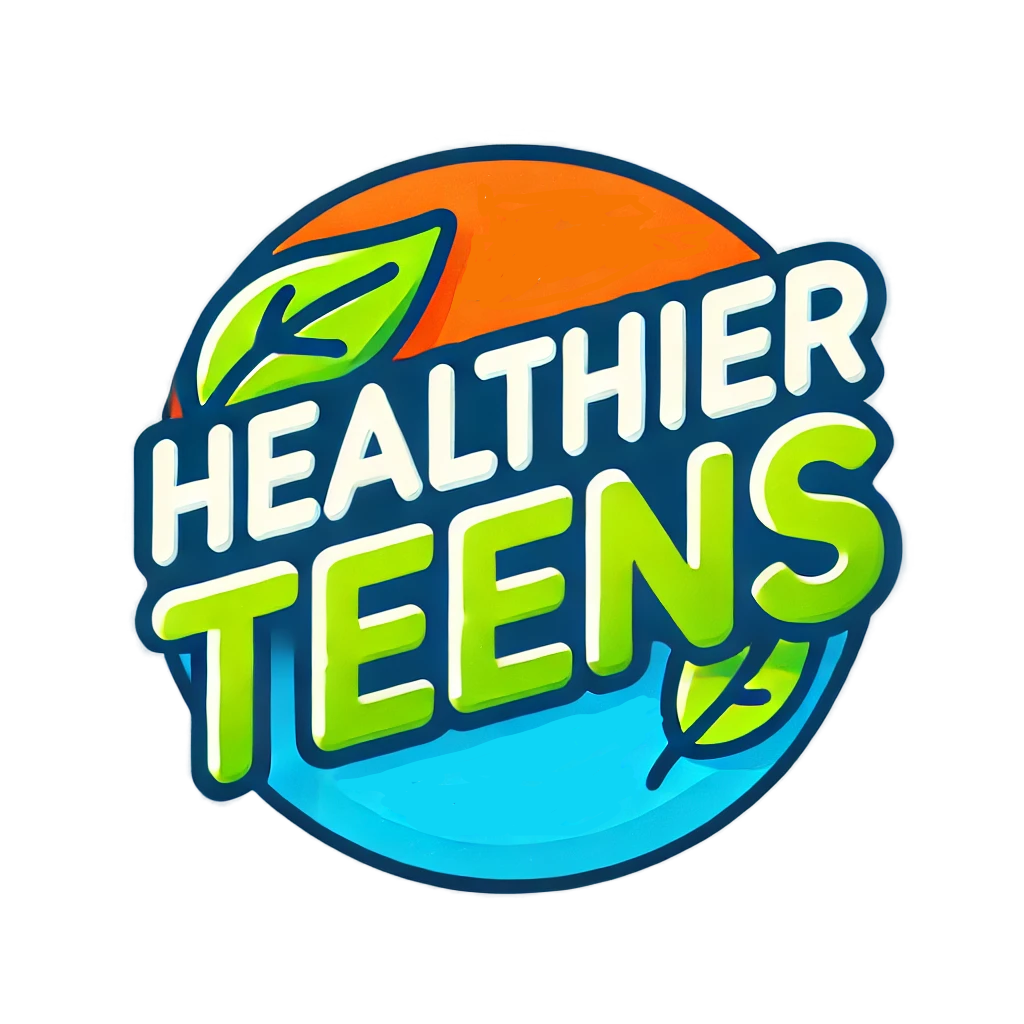Here is how I did it..
-

Focus on Balanced Nutrition
Eat Whole Foods: Prioritize whole, unprocessed foods like fruits, vegetables, lean proteins (chicken, fish, beans), whole grains (brown rice, oats, quinoa), and healthy fats (avocados, nuts).
Limit Processed Foods: Avoid junk foods, sugary drinks, and snacks high in added sugars and unhealthy fats like chips, soda, candy, and fast food.
Watch Portions: Practice portion control to avoid overeating. Eating smaller meals throughout the day can help maintain energy levels and prevent overeating later.
Stay Hydrated: Drink plenty of water throughout the day. Sometimes hunger is confused with thirst. Avoid sugary drinks like sodas and fruit juices.
-

Get Moving
Regular Physical Activity: Aim for at least 60 minutes of physical activity per day. This can include anything you enjoy, such as walking, running, biking, swimming, dancing, or playing sports.
Strength Training: Building muscle helps increase metabolism. Bodyweight exercises like push-ups, squats, or light weightlifting can help tone muscles.
Stay Active Throughout the Day: Find ways to move more in your daily routine—take the stairs, walk or bike to school, or do household chores.
-

Establish Healthy Habits
Sleep Well: Teens need 8–10 hours of sleep per night. Lack of sleep can lead to weight gain by affecting hunger hormones and energy levels.
Limit Screen Time: Reduce time spent sitting in front of screens (TV, computers, phones) to less than two hours a day outside of schoolwork.
Mindful Eating: Pay attention to hunger and fullness signals. Avoid eating out of boredom, stress, or because of emotions. Try eating slowly and enjoying each bite.

